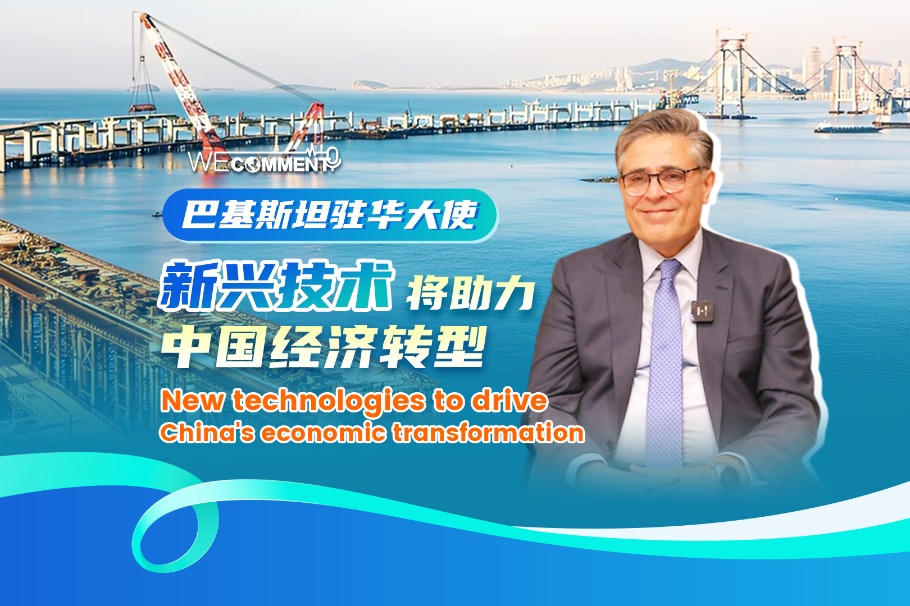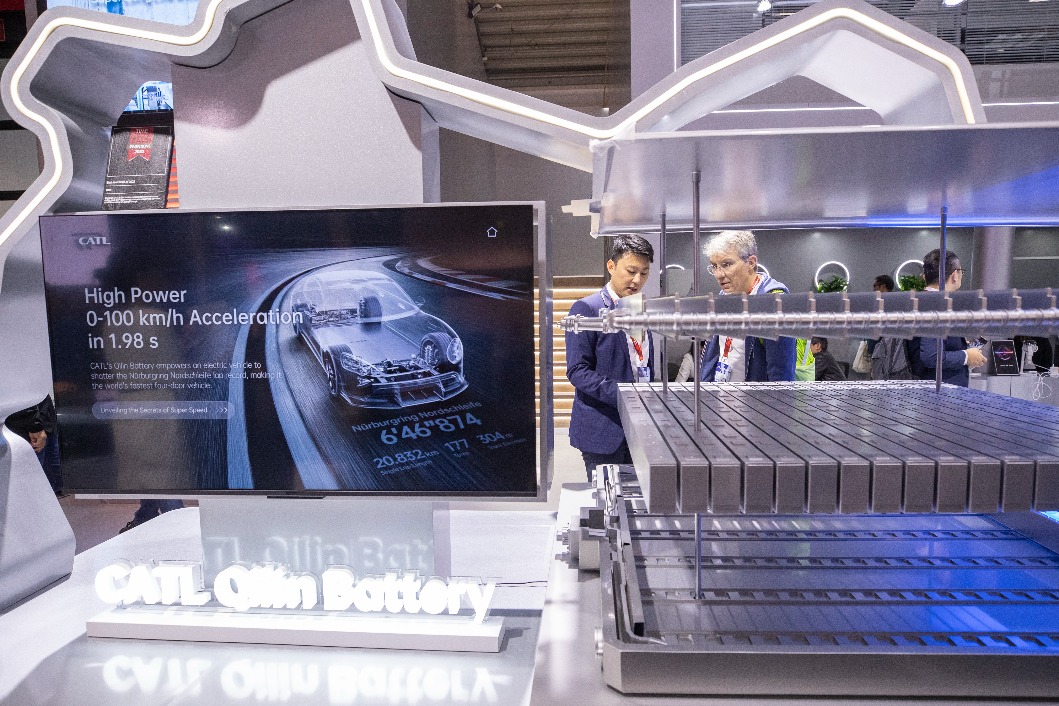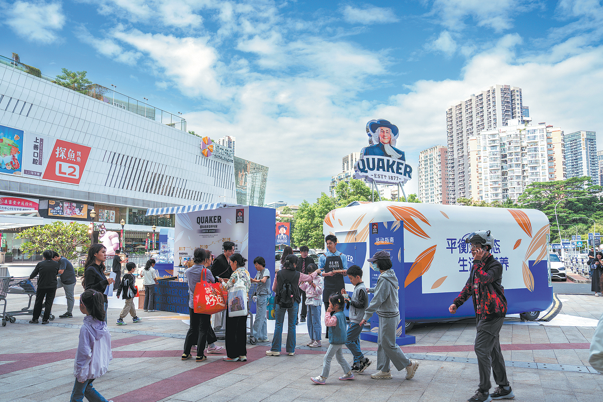Model living

Zhuang Yongshu, 82, has lived in Jinjiang, Fujian province, his whole life.
He used to be a farmer in the county, but now owns a four-story building with eight apartments in Yangguang community.
Unlike a number of other farmers whose livelihoods were hit by urbanization, Zhuang has enjoyed a marked improvement in his standard of living. He also leads a senior citizen group in his community, organizing numerous activities.
"The community pooled our land and rents it out. We just sit back and wait for the bonuses by the end of each year," Zhuang says.
 The Yangguang community in Jinjiang is becoming a model for areas urbanizing on the back of the country's swift development. Lai Xiaobing / For China Daily |
He also makes money by renting out his spare apartments and receives an extra pension from the community for male residents aged above 60.
Yangguang boasts one five-star hotel and another four-star one. It is located at the center of Jinjiang and is considered the most prosperous area in the county.
The 1.22-sq-km community also contains shopping malls, restaurants and recreational centers. LED lights from the shops and restaurants fill the area at night, when residents knock off from work and take part in various leisure activities.
The scene is a far cry from a decade ago, when the area was an underdeveloped village, previously known as Qingyang, with farmland and shacks.
Under a local government plan to accelerate Jinjiang's urbanization in line with the rapid development of the manufacturing sector in the early 1990s, Yangguang was chosen as a model for "turning a traditional village into a modern community".
Under the plan, the authorities explored new ways to guarantee residents' living standards.
From 1994, a total of 25.7 hectares of land was taken from villagers. Each villager was paid 5,000 yuan (541 euros) for every 0.067 hectare of land. Instead of losing their ownership of the land, the villagers became co-shareholders.
"We wanted to make the community more eco- and neighborhood-friendly, so only one-third of the land was used for investment. The rest was designed as residential areas and green areas," says Wang Jincong, head of Yangguang community.
Residents of this community are now the shareholders of four enterprises, including a hotel and asset management company. They also own partial shares in five other companies.
The community has 2,200 permanent residents and every one of them get an average bonus of 4,500 yuan each year from the companies, Wang says. Every woman aged above 58 and man aged above 60 also get an extra 500 yuan a month.
"We also encourage the residents to participate in the management of the companies," Wang says. "Jinjiang is competitive in manufacturing sectors like shoes and clothes.
"But the tertiary industry is a more important indicator of the development of a city. So instead of establishing factories, we build hotels and invest in joint-ownership shopping malls," Wang says.
Yangguang community is now the shopping and dining center of the city. In 2010, the community made a total of 21.6 million yuan in disposable income, which worked out to 22,500 yuan per capita.
Apart from the contributions that Yangguang has made to the development of Jinjiang's tertiary industry, it is also home to about 8,700 migrant workers.
Jinjiang's traditional industries are labor-intensive ones like manufacturing. While other cities can be facing severe labor shortages these years, Yangguang has been attracting workers to stay in Jinjiang by offering incentives.
"Apart from free consultations, we also provide job opportunities, low-cost apartments, education funds and healthcare services to the workers to help them feel at home," Wang says.
The community has also set up labor unions for workers. Annual recreational activities are organized to help local residents and migrant workers interact more.
In 2010, the Yangguang community was held up as a "national model community of harmonious development".
"I hope our community can contribute more to the development of Jinjiang's tertiary sector," Wang says.
"And I hope we can attract more talented people and skilled workers."
Today's Top News
- Targeted action plan to unleash consumption momentum
- Separatist plans of Lai slammed
- Sinologists help to bridge civilizations
- HK unveils sweeping steps after huge blaze
- China releases white paper on arms control
- China blasts new remarks by Japan's prime minister on Taiwan's legal status






























